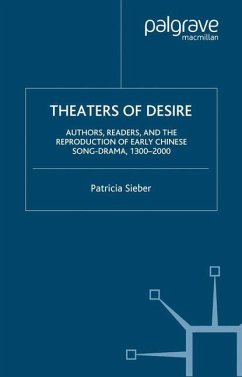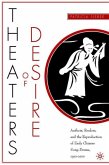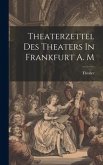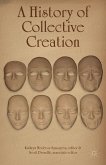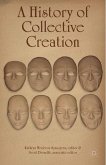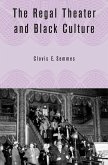Blending a flair for textual nuance with theoretical engagement, Theaters of Desire not only contributes to our understanding of the most influential form of early Chinese song-drama in local and international cultural contexts, but adds a Chinese perspective to the scholarship on print culture, authorship, and the regulatory discourses of desire. The book argues that, particularly between 1550 and 1680, Chinese elite editors rewrote and printed early plays and songs, so-called Yuan-dynasty zaju and sanqu , to imagine and embody new concepts of authorship, readership and desire, an interpretation that contrasts starkly with the national and racially-oriented reception of song-drama developed by European critics after 1735 and subsequently modified by Japanese and Chinese critics after 1897. By analyzing the critical and material facets of the early song and play tradition across different historical periods and cultural settings, Theaters of Desire presents a compelling case study of literary canon formation.
Bitte wählen Sie Ihr Anliegen aus.
Rechnungen
Retourenschein anfordern
Bestellstatus
Storno

